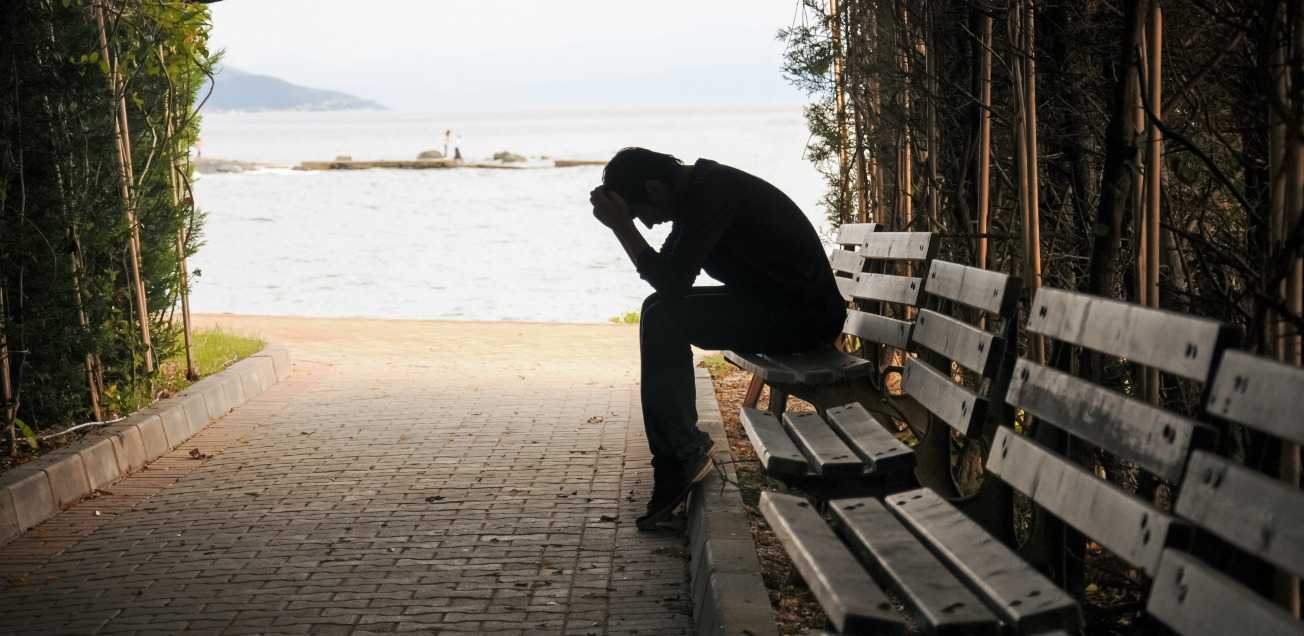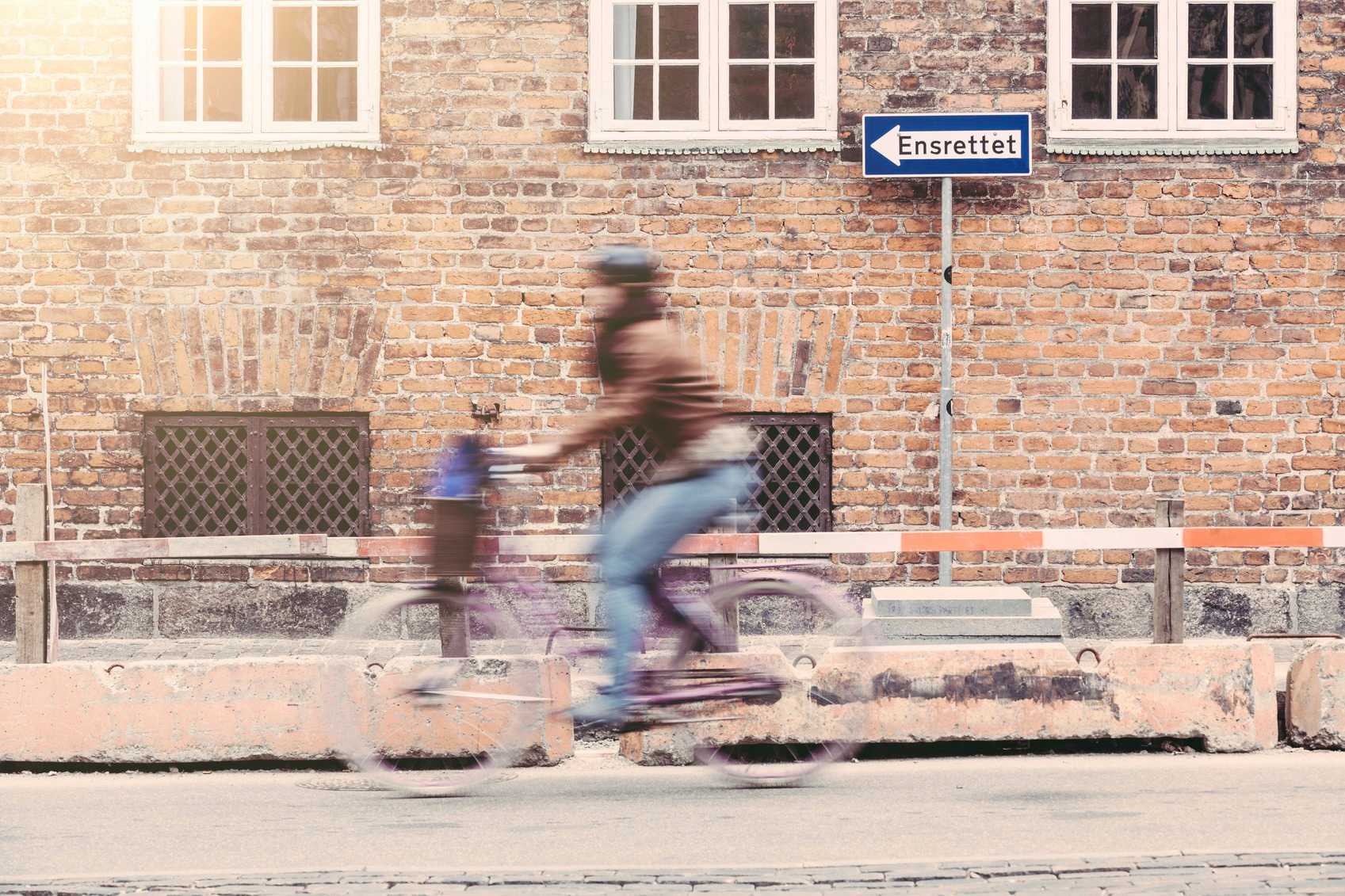Expat Tips: Five Ways to Keep Calm and Flourish Abroad
The decision to move abroad, leaving your friends and family behind for a new country and culture is certainly a brave one. The first few weeks or months of your expat experience can be exciting and thrilling but equally overwhelming. One of the most important things to remember when you first move abroad is don’t panic! Here are five ways to stay calm so you can flourish abroad.
Find a Safe Space and Stick to It
When you first move abroad, it’s easy to feel like you’ve lost a lot of the control and stability of your old life. It is important that in this situation you find a place that takes you back into your comfort zone. Of course, in the grand scheme of things leaving the safety of your comfort zone is actually a good thing! You learn more about yourself, overcome challenges, and generally become more confident. However, feeling relaxed, safe, and in control is also key, which is why it’s a good idea to find a safe space, especially in your first few weeks of life abroad.
This could be a restaurant serving your home cuisine, a small café with cozy cushions and smiling waiters … Or it could be a quiet square in the center of the city, or green space, such as a park or a riverbank, that helps you re-center. Once you find this space, remember it, stick to it, but be ready to explore. If you are ever feeling overwhelmed, homesick, or panicked, head to this safe space. Over time, you will discover new areas and places in the city. The spaces where you feel safe and confident will grow and soon the whole city will be within your comfort zone.
Goals, Aims, and Making It to the Moon
If you start to feel panic and worry during your initial time abroad — and it’s likely that you will — try and remind yourself why you chose to take on this adventure, whether it was to follow your career goals, to be with your other half, or simply because you wanted to explore the world and expand your horizons. Soon the panic will turn into determination and you’ll find that life abroad is easier than you might first have thought.
As a child you’re told you can do anything you put your mind to. But as an adult you realize that this is only partly true, because let’s face it, you won’t be growing wings and flying to the moon, no matter how hard you try. But adjusting to life as an expat, settling in your new surroundings, and enjoying life abroad is something you can achieve, you just have to focus on making it a reality.

Plan A, Plan B
A great way to cope with panic is to prepare: be proactive about discovering your new home, finding your way to work, or exploring sports, events, and activities. If you are prepared, you will feel more confident: for example, learn your route to work before your first day, so when it does come around, you won’t panic about being late. You could also study a map of your new city before you get there. This way you will have a basic understanding of how the different areas or zones of the city are connected. This will give you the confidence to go out and discover the different places, and before you know it you will have clear picture of your new home.
It is also a good idea to look into (sport) clubs around you. Join a choir, a chess society, or take part in some InterNations activities and events. If you already have a plan for how you might meet new people, it will help you feel calmer in your first few weeks abroad — and you will feel settled in no time.

Patience Is Truly a Virtue
Time heals all wounds, or so the saying goes. Time also helps expats settle and flourish. If you ever feel panicked or stressed that you won’t fit in, just give it time. Maybe it will take you a week or two, or even a couple of months, but you will start to become more confident.
Everyone is different, it may take you less or more time to get used to life abroad, but as a general rule give it three months before you reconsider your decision. In the meantime, just focus on the here and now, on the little things. On visiting local attractions, meeting new people and enjoying the thrill and excitement of your first few months in a new place.

Don’t Mess with Your Mental Health
It’s not easy getting used to change and its okay to be overwhelmed. That’s completely normal and something every expat has felt at some point. One way of dealing with this is meditation: guided meditation videos allow you to do this in your own time and at home. The idea is to focus on your breathing, and thereby emptying your mind from all the thoughts that get you down. It takes practice and time to get used to the process but it’s something you can try if you are in need of some relaxation.
However, if panic and anxiety dominate your life, abroad or at home, if you can’t do everyday things, or things that you really want to do, because you feel paralyzed with panic and anxiety, it’s time to seek help. Regular panic or anxiety attacks are a sign of an underlying mental health condition, such as a panic or anxiety disorder, and you shouldn’t suffer in silence. Let those around you know how you feel, and if necessary talk to a doctor or psychiatrists who can help you find some peace of mind.
Advertisement
About Sophia Obrecht
During a year abroad for her History and German degree at Durham University, Sophia Obrecht worked as an intern in the Marketing & Communications Department of InterNations. She is an enthusiastic traveler and enjoyed exploring Munich and its surrounding areas during her stay.
Article topics
Related articles
The 10 Things You Don’t Find Out Until You’re an Expat
Expat life is a venture into the unknown — a learning curve with many surprises along the way. Here are the top ten things you don’t find out until you’ve packed your bags and arrived in your new home.
Moving with children? Take time to choose the right school!
Finding a new school can be one of the more stressful aspects of moving abroad. There are advantages and disadvantages to each type of school, and options may be rather limited in some countries. InterNations member Chris has some tips to make things a little easier.
Which Country Could Provide Your Ideal Lifestyle?
From leisure activities to family traditions, lifestyles vary hugely around the world! We’ve explored some different international habits to give you an insight into how your new country’s culture could affect your everyday life.
Books to Escape the Dullness of Social Distancing
While some people seem to be busier than ever during this pandemic, many others have more time on their hands. However, staying inside for a long time should not be a problem when you have good books to help you travel and discover new places far away without leaving your home.
Let’s Talk Mental Health — Expat Challenges
When thinking about living abroad, we sometimes picture a perfect life filled with exciting adventures and things to learn. But relocating to another country comes with its own set of difficulties and concerns that, if not fully overcome, can slowly lead to mental health challenges.




